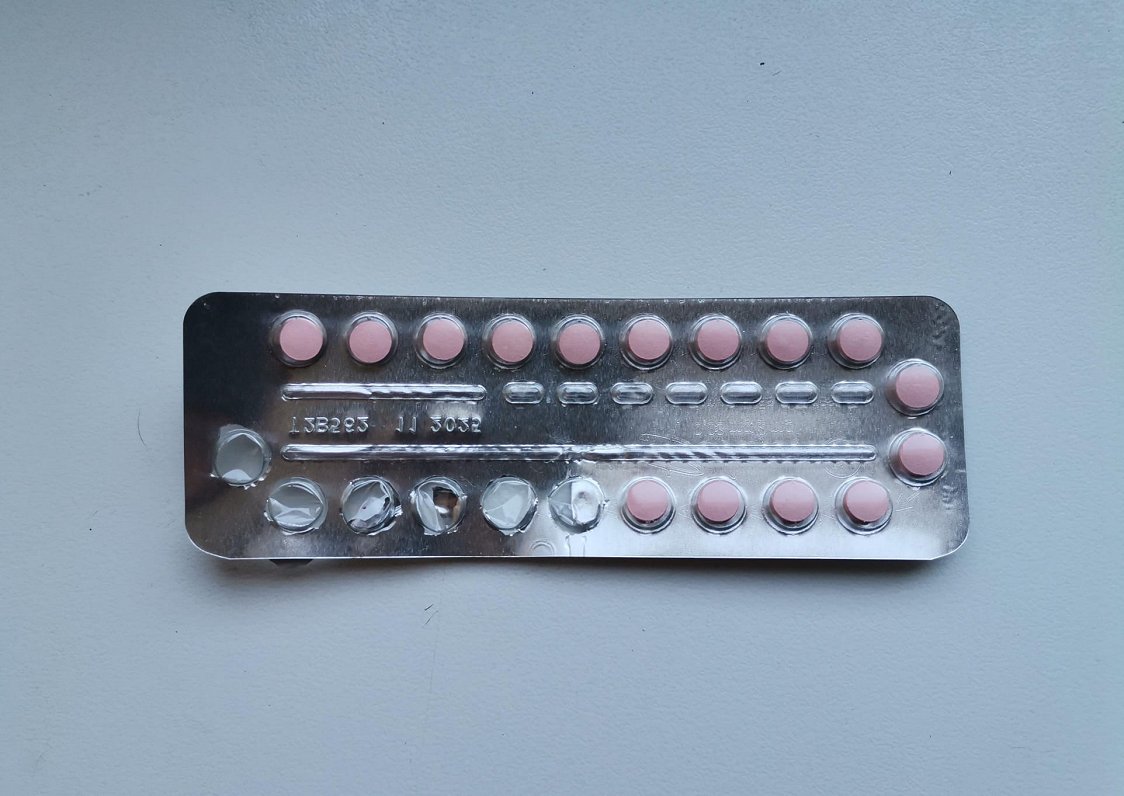About 100 underage girls give birth in Latvia per year, according to the Disease Prevention and Control Center (SPKC) data cited in the letter by doctors. Every year, around 400 children are born to young women aged 18 to 19 who are technically adults but most are still in high school. Doctors are alarmed and stress that young people do not protect themselves not only because of lack of knowledge but also because of financial considerations.
In many cases, young women get pregnant unexpectedly. Conversations about intimate relationships and pregnancy in society are still a big taboo and youth often find out about contraception on the internet, but it may not always be accurate.
“These topics are still better not talked about, because if we talk about them, we will be attacked again, the big chaos will start and so we better not talk about them.
“And it is also worth noting that Latvia is one of the few countries in the European Union that does not compensate for contraception in women at all,” says Iveta Ķelle, chairwoman of the board of the non-governmental organization Papardes Zieds.
About 30% of those minors who get pregnant terminate their pregnancies.
“At this point, in this situation, I can have a 16-year-old patient who has had four abortions and I can't give her free contraception because the state doesn't pay for it,” says children's and young people's gynecologist Lāsma Līdaka.
“We've been pretty unfair to young people because we don't talk to them about sex. We don't buy contraception for them but at the moment they get pregnant we are shocked, angry, blaming them, shaming them.”
As of this year, the country is finally providing contraception for girls at risk of social exclusion. But that's not enough. Contraception must become available to all. The letter by doctors' associations asks the state to provide it to women under the age of at least 25.
“We calculated that this could cost the country, if there is indeed high demand, around €2 million per year. This could prevent both those expenses that are pregnancy termination and those social expenses that are needed to support these young women afterward,” says Ilze Aizsilniece, President of the Latvian Medical Association.
The letter was sent to the Ministries of Health, Finance and Welfare, as well as to the Saeima Social and Labour Affairs Committee.





























